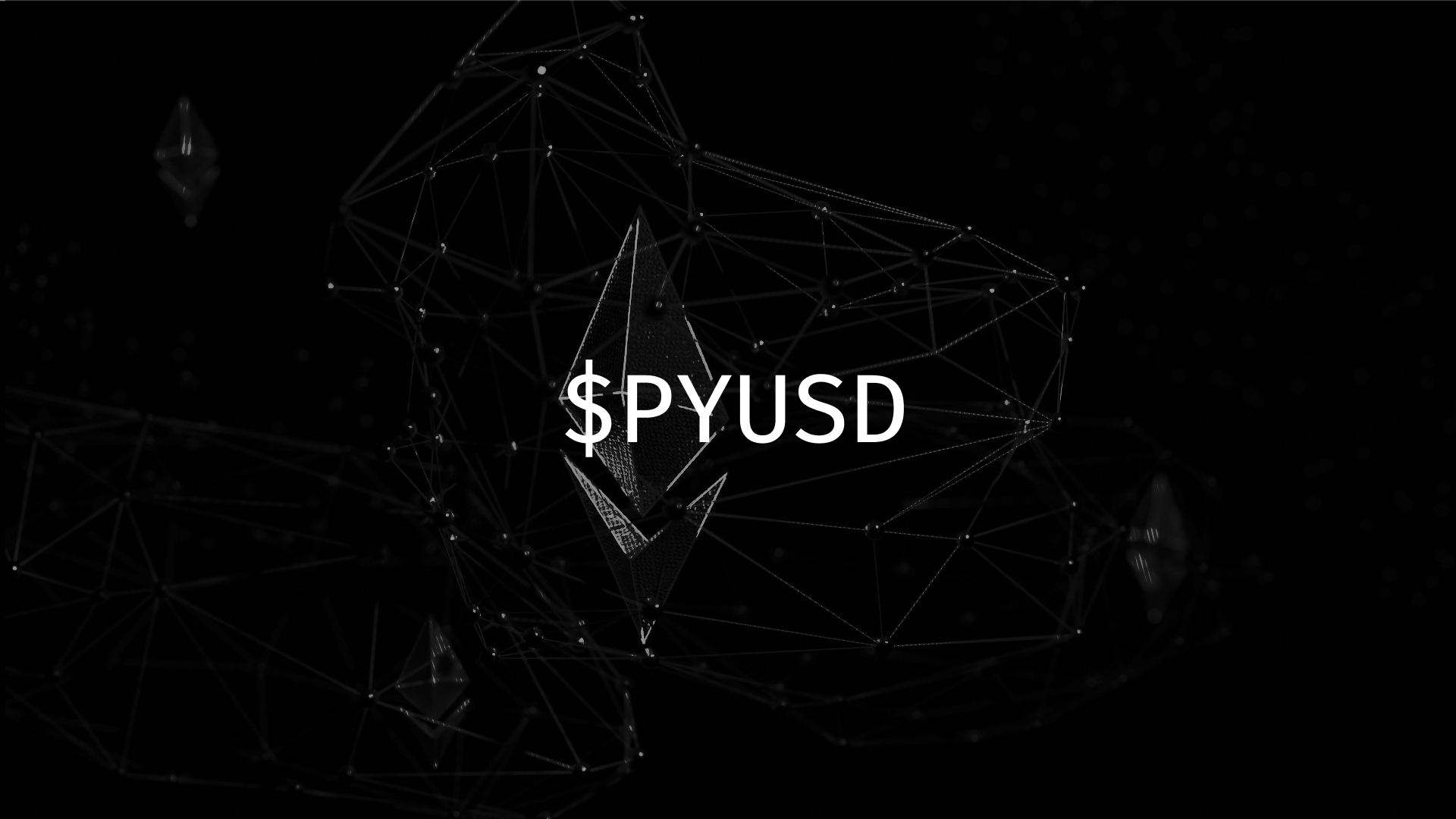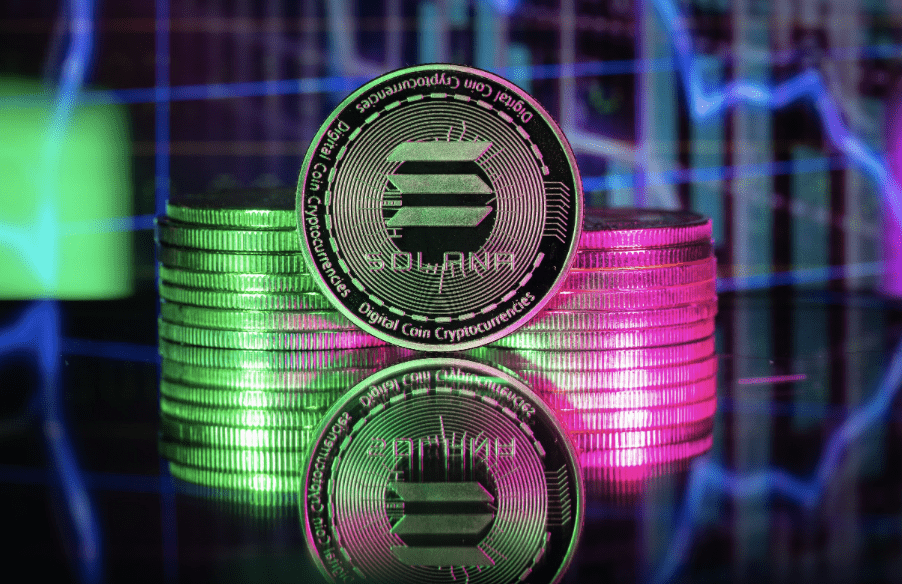Less than a day after PayPal’s huge announcement, Ethereum became flooded by imposter tokens trying to ride the hype.
The digital payments and fintech giant announced of its very own Ethereum-based stablecoin PayPal USD (PYUSD) yesterday August 7. PYUSD is an ERC-20 token which will be pegged to the US dollar at a fixed rate of $1. It will be primarily used as a bridge between fiat currencies and web3, enabling conversion of any of the platform’s listed digital assets to and from PYUSD.
The launch has been the result of PayPal’s own exploration into stablecoins at least but which was temporarily halted due to in the U.S. The launch might mean that an agreement has been made between regulators and PayPal’s stablecoin issuer Paxos. Now, the launch has been received with much fanfare, with the stablecoin finally rolling out to customers “in the coming weeks.”
However, this has not stopped scammers from riding the hype and launching fake PayPal stablecoins; which have since flooded cryptocurrency exchanges such as Uniswap. This was in part due to PayPal and Paxos’ own failure to include the official token address for PYUSD in their respective announcements. Users were then quick to inform PayPal about the problem. Finally, after more than a day since the PYUSD announcement, Paxos has released for PYUSD and the corresponding token address and GitHub repository. Currently, the max total supply of PYUSD sits according to etherscan.
The launch of PayPal’s own stablecoin could send waves throughout the crypto industry in the United States. The fact that a stablecoin was released could mean that the current hostile environment for crypto in the country might start to somewhat cool down.
Investment Disclaimer














